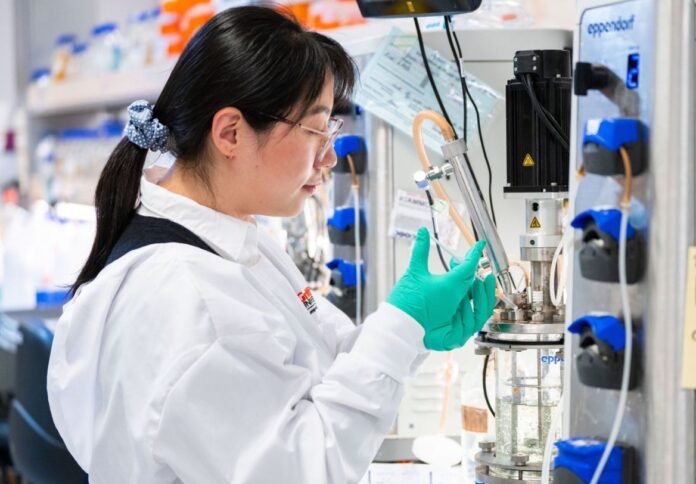
A team of scientific experts are developing a biopolymer particle-based platform technology that will bring Australia a step closer towards establishing a sovereign capability to rapidly manufacture vaccines against emerging infectious diseases.
The project seeks to develop vaccine candidates to protect against biowarfare threats, such as Q Fever, tularaemia, and melioidosis.
The team, led by Griffith University, involves experts from the Australian Rickettsial Reference Laboratory in Geelong, the NSW Department of Primary Industries, the University of Western Australia, and BioCina, an Australia-based global biologics Contract Development Manufacturing Organisation.
The project was identified from a Health Security Systems Australia national call for collaborative proposals in 2022, with funding support from Defence through the Next Generation Technologies Fund.
The HSSA call focused on key priority themes, including the need for vaccine products or platform technologies for infectious disease threats, which aligns with HSSA’s mission to develop medical countermeasures that protect military and civilian personnel against chemical, biological and radiological (CBR) threats, emerging infectious diseases and pandemics.
The initiative will leverage a platform technology developed at Griffith University, which uses engineered bacterial cells to rapidly assemble biopolymer particles coated in an immunogenic antigen.
This biomanufacturing approach has led to the development of multiple precision-engineered vaccine candidates that are effective against pathogens of interest.
The platform technology is designed to enable rapid vaccine design and manufacture and overcome critical bottlenecks of existing vaccine technologies, DMTC said in a media release.
“This technology is a perfect fit for the Medical Countermeasures portfolio. A novel vaccine platform technology that protects against biowarfare agents with high efficacy and safety, as well as overcoming current technology constraints including stability and cold chain dependency, and can be used in a rapid response pipeline against emerging threats, is a key capability in ensuring Australia’s health security,” said Dr Felicia Pradera, general manager of HSSA.
“The Medical countermeasures program has been an enduring priority theme of Defence’s investment in game-changing technologies, and health security is also increasingly being acknowledged as a key component of national security.”




















